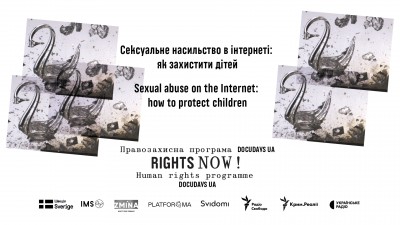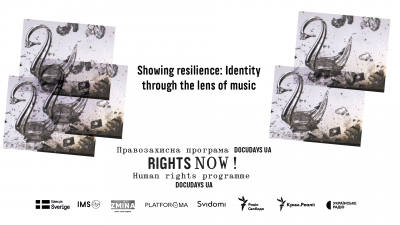Alyona Lunyova
advocacy director of the ZMINA Human Rights Center
 add to calendar
add to calendar add to calendar
add to calendarImmediately after the outbreak of the Great War, the Criminal Code of Ukraine introduced an article that establishes liability for cooperation with the occupying power (collaborationism). Human rights activists believe that the state practice of prosecuting people for collaborating with the enemy is imperfect. For example, courts often hand down disproportionately harsh sentences in relation to what a person has done. Law enforcement agencies, among other things, lack the resources to conduct quality investigations, as they are currently overloaded with cases of war crimes committed by the Russian Federation.
But people in the occupied territories still do not understand why they can be considered collaborators, and Russian propaganda convinces them that all residents under occupation are enemies of Ukraine. And while Ukraine clearly states that it will prosecute those Ukrainians who work in the occupation administrations, other categories of workers do not understand whether they will be held accountable for their work.
According to international law, the occupying power must ensure that life in the occupied territory continues as it was before the occupation. And people who worked in education, utilities, healthcare, the State Emergency Service, etc. should continue to work. But in fact, the Ukrainian law enforcement and judicial systems already have open cases against such professionals due to the imperfection of our legislation.
So, is Ukraine fairly prosecuting citizens for alleged collaboration with the enemy, how many such verdicts have been handed down so far, and what should the state improve?
advocacy director of the ZMINA Human Rights Center
journalist at the Graty media outlet
Deputy Chief Monitor of the UN Human Rights Monitoring Mission
Education Ombudsman of Ukraine

broadcast recording

broadcast recording

broadcast recording

broadcast recording

broadcast recording

broadcast recording

broadcast recording

broadcast recording

broadcast recording

broadcast recording

broadcast recording

broadcast recording

broadcast recording

broadcast recording

broadcast recording

broadcast recording